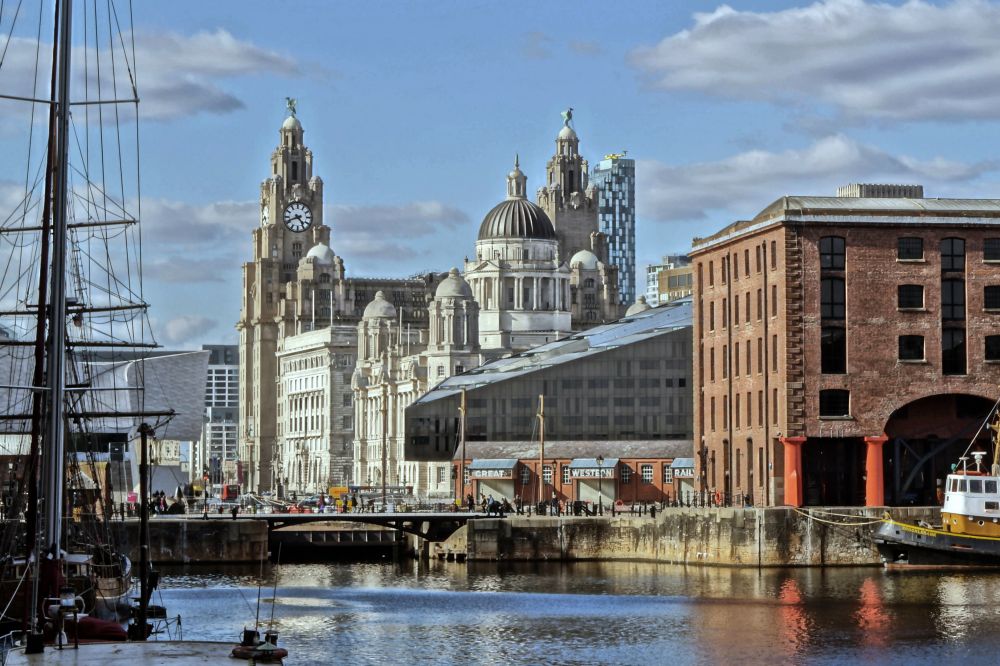Liverpool launches ambitious “Breathe Liverpool” anti-air pollution plan
Liverpool City Council has released a new strategy to cut emissions and tackle air pollution in the city, which includes the installation of EV charging stations and the creation of a ‘Clean Air Zone’.

Liverpool City Council has released a new strategy to cut emissions and tackle air pollution in the city, which includes the installation of EV charging stations and the creation of a ‘Clean Air Zone’.
The city announced its plans to install approximately 100 plug-in electric vehicle charging points and it has already started research on the most appropriate spots, including supermarkets, busy streets, leisure centres and parking lots.
Joe Anderson, Mayor of Liverpool said that despite the city’s past efforts vehicle-related emissions are still creating immense health-related costs to the society. He said: “By 2025 I want the city to have developed a central heart where walking, cycling, electric vehicles and clean fuels will dominate”.
According to an announcement from the City Council, air pollution currently accounts for 4 percent of all deaths in the city, and long-term exposure to air pollutants contribute to heart diseases, lung cancer and respiratory diseases such as asthma and chronic bronchitis.
The council also plans to introduce a diesel-free vehicles fleet to operate in the city centre by 2019 and across the entire city by 2024 for council operations.
In addition, the City Council is considering introducing a pilot scheme to persuade drivers to turn off their engines rather than idling around school zones, as idling engines can produce twice as many exhaust emissions as an engine in motion.
In October, Liverpool City Region also introduced a fully electric public bus fleet of 12 electric buses covering up to 130 miles on a single charge- a project which cost £12 million in total.
At the time, the City Council is working with Liverpool City Region to determine the costs of introducing a Clean Air Zone, details of which are expected to be revealed in March 2018.
In September, Oxford was the first city to announce the installation of 100 EV charging stations, as a way to monitor a driver’s experience through the transition phase from diesel to electric cars and obtain valuable lessons for other cities to follow.




